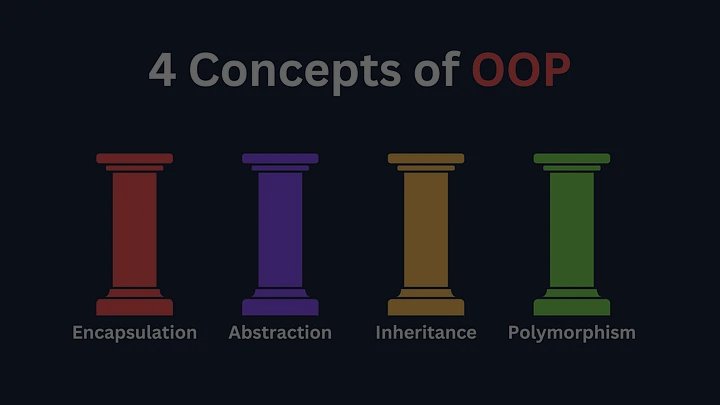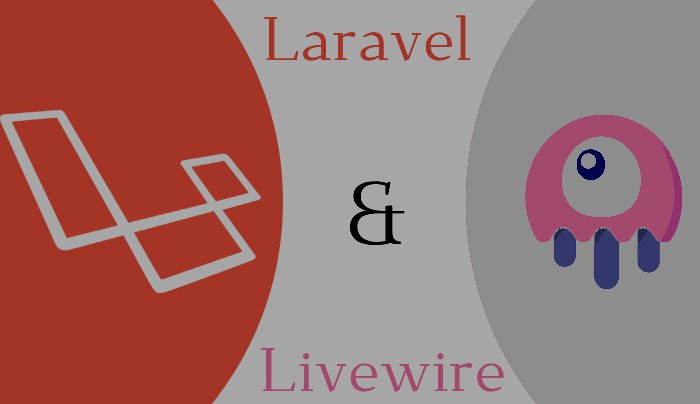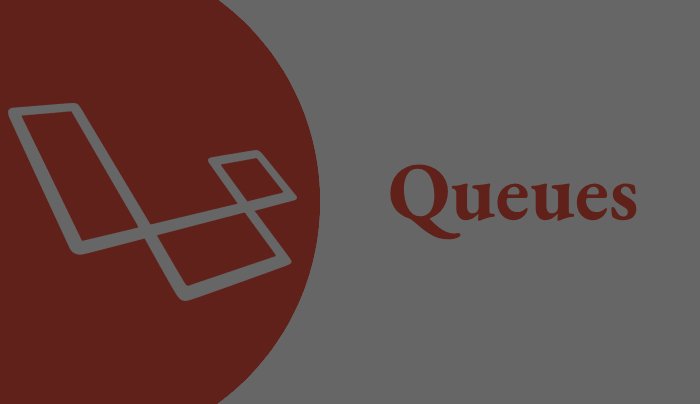Object-Oriented Programming Concepts
What is OOP?
Object-oriented programming (OOP) is a programming paradigm that is based on the concept of "objects", which represent data and behavior as a single entity.
OOP is designed to provide a way to structure and organize code, making it easier to understand, reuse, and maintain.
What are OOP Concepts?
- Encapsulation.
- Abstraction.
- Inheritance.
- Polymorphism.
Encapsulation:
Encapsulation is the process of bundling data and methods that operate on that data within a single unit, or object. Encapsulation helps to hide the implementation details of an object and provide a clear interface for interacting with it.
Abstraction:
Abstraction is one of the key concepts of object-oriented programming (OOP) languages. Its main goal is to handle complexity by hiding unnecessary details from the user. That enables the user to implement more complex logic on top of the provided abstraction without understanding or even thinking about all the hidden complexity.
Inheritance:
Inheritance is a way for one class to inherit the properties and behavior of another class, allowing for code reuse and a clear hierarchy of classes.
Polymorphism:
Polymorphism is the ability for objects of different classes to be treated as if they are the same type. This allows for code that can handle objects of different types in a flexible and consistent way.
OOP Concepts conclusion:
OOP is a powerful programming paradigm that can help developers create organized, reusable, and flexible code. By understanding and applying these concepts, developers can create efficient and maintainable object-oriented code.
Recent Posts


.jpg)
.jpg)
.jpg)
.jpg)
.jpg)

 (1).jpg)
.jpg)